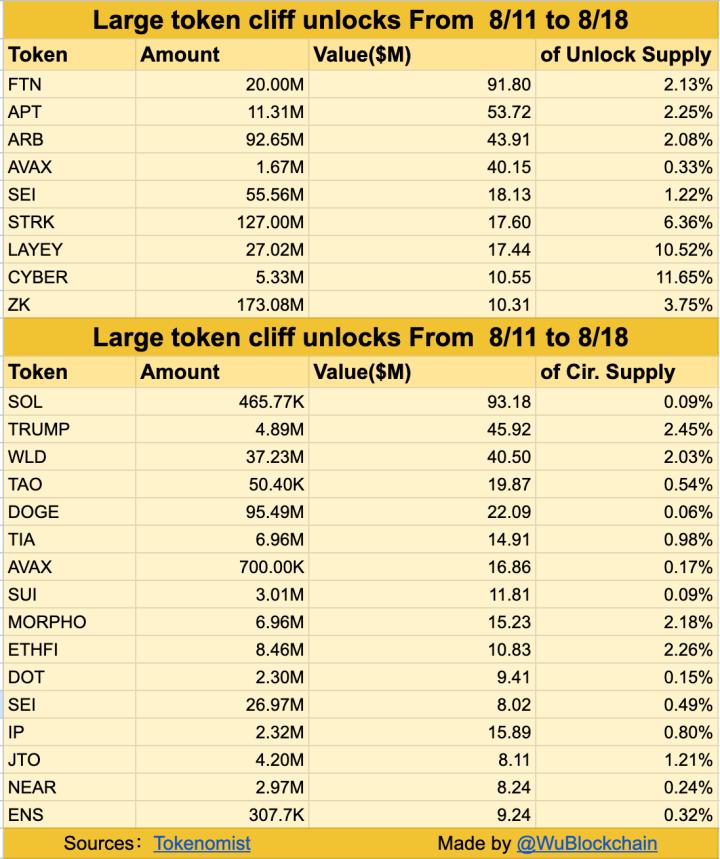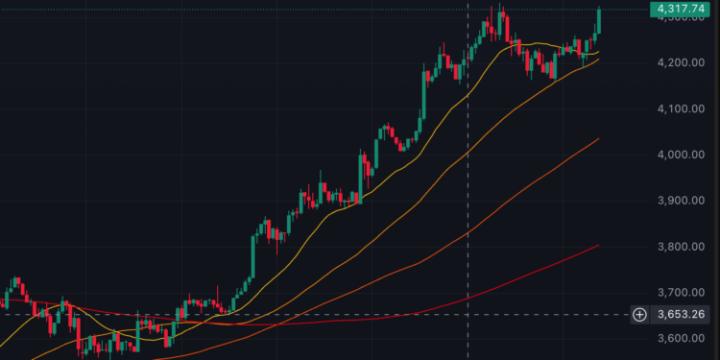In 2025, AI and Block are accelerating in sync. As the market discusses the prospects of AGI (Artificial General Intelligence), Ethereum co-founder Vitalik Buterin warned on X that even if AI evolves rapidly, without human supervision, it might ultimately drift towards a direction difficult for humans to control.
Many AI development attempts are trying to be as "autonomous" as possible, which indeed frustrates me, because actually creating more human input pathways can not only produce better outputs (now and for a considerably long time), but is also more beneficial to safety.
Contours of "Human Feedback Mechanism" Emerge
Vitalik Buterin emphasized that AI should not be designed solely as a fully automated "agent", but also needs "editing" capabilities that can be corrected by humans at any time. Open-weight models (open source) allow developers to review algorithmic paths, and "human feedback mechanisms" can ensure final decisions return to human hands. He particularly reminded that in high-risk scenarios like financial transactions, only by including humans in the process can a dynamic balance between efficiency and safety be achieved.
Meanwhile, Vitalik's "collaborative" concept also points towards Brain-Computer Interfaces (BCI). While futuristic imagery is eye-catching, data privacy and ethical boundaries in applications like medical monitoring, learning enhancement, and even financial ordering still need clear demarcation.
Tug of War in Ethereum's Decentralized Governance
However, it's worth noting that despite V's repeated public emphasis on decentralization and open-source, the current crypto community believes the Ethereum Foundation is becoming increasingly centralized.
First, the community previously questioned that Vitalik Buterin holds too much power in the Ethereum Foundation, even possessing a veto right. The Foundation has consistently avoided discussing its voting rights distribution, raising community doubts about its governance transparency. Although the Ethereum Foundation underwent organizational restructuring, such as Aya Miyaguchi becoming chair and newly appointing Hsiao-Wei Wang and Tomasz Stańczak as joint executive directors, the community still worries that power remains concentrated in a few core members' hands, contradicting decentralization principles.
Vitalik Buterin hopes AI returns to human subjectivity, but Ethereum's current situation reflects that "human" sometimes means just a few decision-makers. With massive institutional funds flowing into ETH, some token holders are also concerned that the Ethereum Foundation's financial and governance models might be hijacked...







